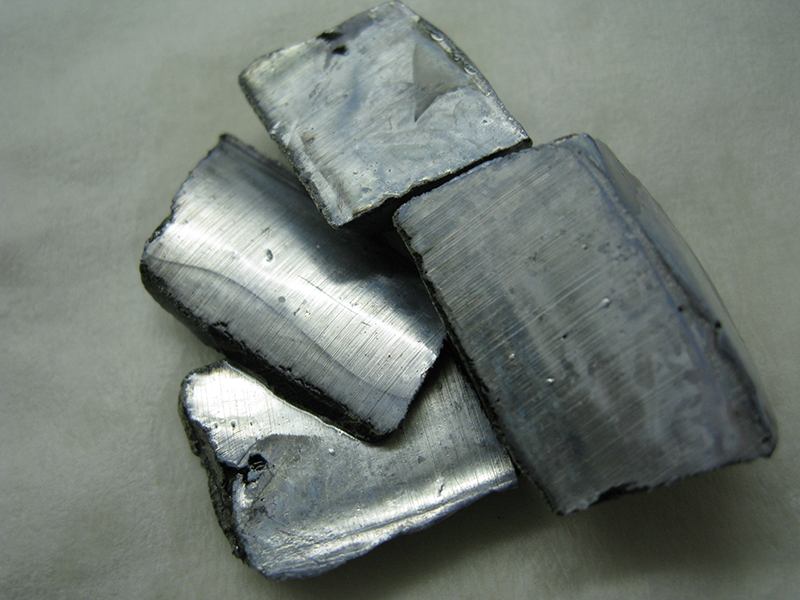Potassium is an element (a basic kind of mineral) that occurs widely throughout nature, primarily in the form of salts that are found in a wide variety of plants. Potassium is something that many or most animals need in their diets to stay alive—which is mostly pretty easy to accomplish, because (as we mentioned) it's in a lot of plants. Even the animals that don't eat plants will still get some potassium from the potassium that is in the animals they eat.
In particular, especially for humans, potassium is necessary to maintain healthy, functioning kidneys. Many people, including 100% of people who saw the 1997 American family comedy film "Honey, We Shrunk Ourselves," are aware that bananas are a "good source of potassium." This is true, but you would have to eat a lot of bananas per day to receive all the potassium you needed to stay healthy and alive. That's why it's fortunate that potassium salts are present in most plants to some extent or other.
The only real danger factor to potassium is that it can start little fires if you have some pure potassium and you add it to water, or water to it. Fortunately, it's pretty rare that you will encounter potassium by itself—people didn't even see it on its own until the early 1900s, and there are few day-to-day circumstances that merit its inclusion. So, if you do see some potassium, don't get it wet, but you probably won't see any outside of a banana anyway.
Because it is dangerous on its own but rarely unaccompanied by the rest of a plant, and because it is necessary for you to stay alive, we have decided that potassium is basically not dangerous.





